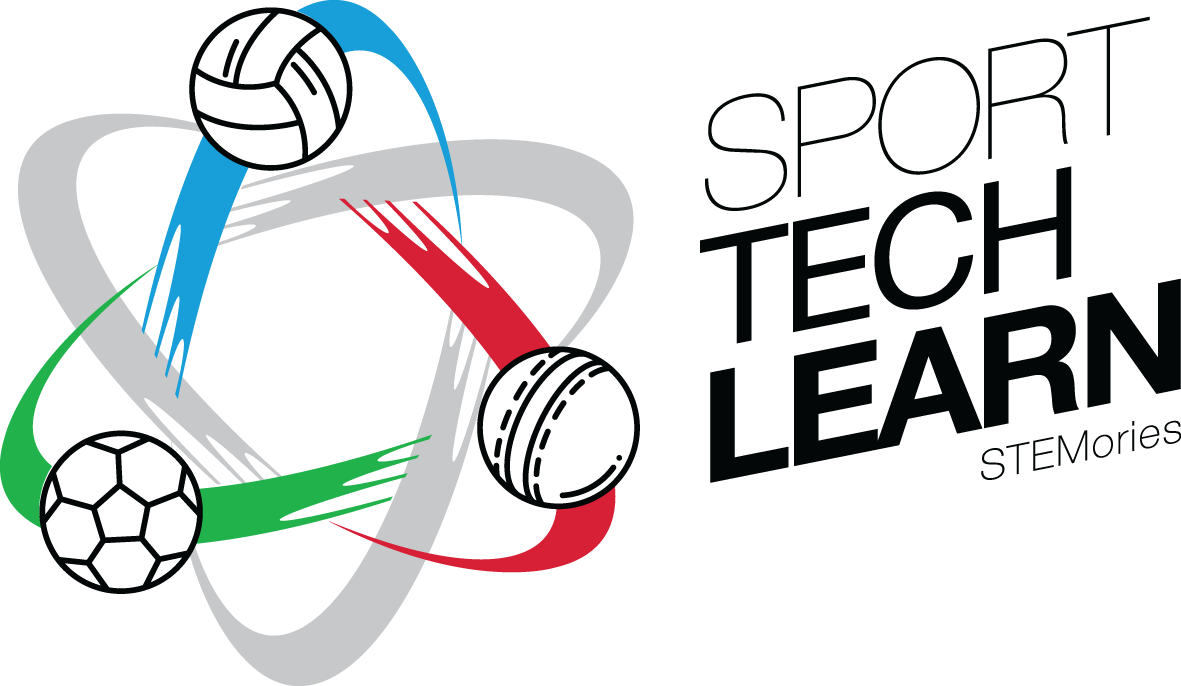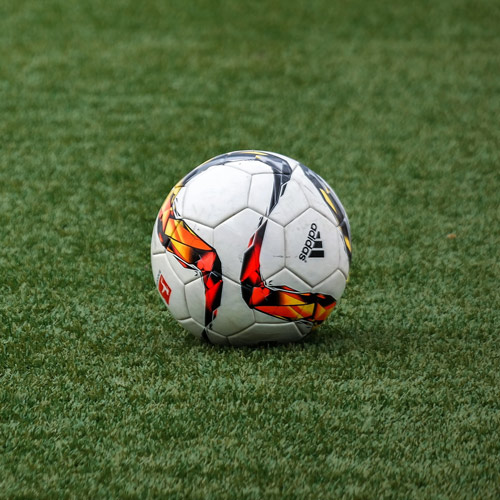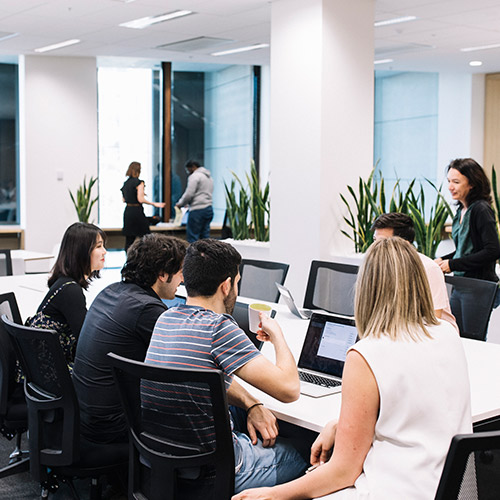Sport Tech Learn (STL) was founded by Katie Gloede in 2020 with a passion to get kids excited about the potential of science, technology, engineering and maths (STEM).
Underpinning STL philosophy is integrating what students are passionate about in their learning to create deeper stimulation, direct connections, greater understanding and retention of learning (Prince & Fielder 2006).
The Australian Sports Commission says 74% of students choose to play sports outside of school, identifying sport as a hidden capital for Australian students.
So using sport as an example, in Australian soccer, kicking a goal from a certain position on the field requires an understanding of the angle of the kick, the power, height and direction (trigonometry) of the kick, plus the consideration of any external influences such as wind. There are a lot of maths in a football kick that can directly influence young football players who want to be the best at their game. This is a fantastic way to draw out interest in STEM and relates to all sports and players.
Science and maths will underpin 75% of the critical skills in future occupations (Becker & Park 2011; Panizzon et al. 2018) however research shows that 42% of 15-year old’s are not proficient in maths. Sport Tech Learn has specialist understanding of this gap and are using sport to address it. All STL programs have suggested links to the Australian Curriculum, Assessment and Reporting Authority (ACARA) standards, creating an adaptable and reliable resources for teachers, schools and parents.






